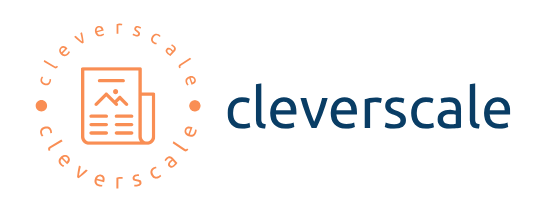The 3 “Must Do’s” Before You Start A Small Business
 So you’ve got your small business idea and you want to start a small business. What do you need to do to get your small business off to a flying start?
So you’ve got your small business idea and you want to start a small business. What do you need to do to get your small business off to a flying start?
I am going to share with you what I believe are the 3 most important things to consider when

 One of the biggest mistakes that aspiring business owners make is overlooking the importance of digging deep into what their true motivations are for starting a business and if their life is truly ready for this change. They get so busy in trying to figure out the logistics involved in
One of the biggest mistakes that aspiring business owners make is overlooking the importance of digging deep into what their true motivations are for starting a business and if their life is truly ready for this change. They get so busy in trying to figure out the logistics involved in